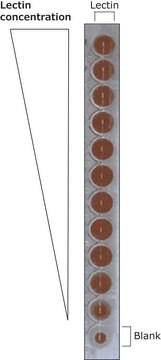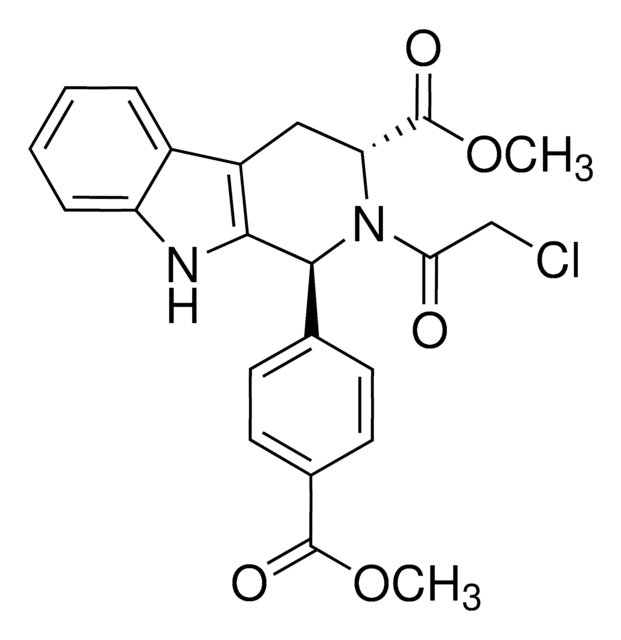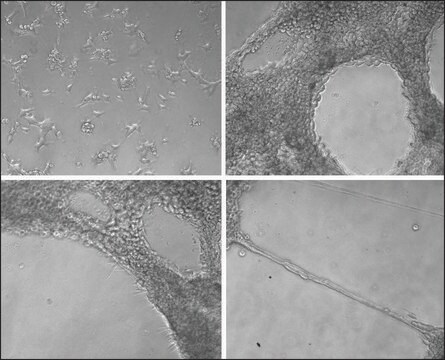SRP5001
AKT1, active, GST tagged human
PRECISIO® Kinase, recombinant, expressed in baculovirus infected Sf9 cells, ≥70% (SDS-PAGE), buffered aqueous glycerol solution
Sinónimos:
MGC99656, PKB, PRKBA, RAC, RAC-α
About This Item
Productos recomendados
recombinante
expressed in baculovirus infected Sf9 cells
Línea del producto
PRECISIO® Kinase
Ensayo
≥70% (SDS-PAGE)
Formulario
buffered aqueous glycerol solution
actividad específica
103-139 nmol/min·mg
mol peso
~85 kDa
Nº de acceso NCBI
Condiciones de envío
dry ice
temp. de almacenamiento
−70°C
Información sobre el gen
human ... AKT1(207)
Descripción general
Acciones bioquímicas o fisiológicas
Forma física
Nota de preparación
Información legal
Código de clase de almacenamiento
10 - Combustible liquids
Clase de riesgo para el agua (WGK)
WGK 1
Punto de inflamabilidad (°F)
Not applicable
Punto de inflamabilidad (°C)
Not applicable
Elija entre una de las versiones más recientes:
Certificados de análisis (COA)
¿No ve la versión correcta?
Si necesita una versión concreta, puede buscar un certificado específico por el número de lote.
¿Ya tiene este producto?
Encuentre la documentación para los productos que ha comprado recientemente en la Biblioteca de documentos.
Artículos
We present an article about how proliferating cells require the biosynthesis of structural components for biomass production and for genomic replication.
Nuestro equipo de científicos tiene experiencia en todas las áreas de investigación: Ciencias de la vida, Ciencia de los materiales, Síntesis química, Cromatografía, Analítica y muchas otras.
Póngase en contacto con el Servicio técnico








